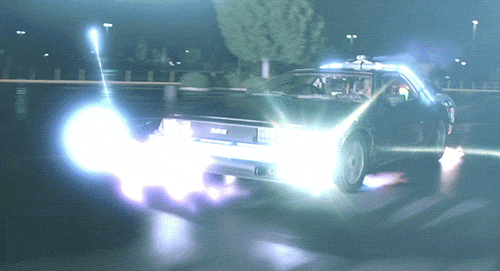I agree with many of the responses: traditional Christianity doesn’t have the same type of commitment to inerrancy that conservative Protestantism does. Thus many parts of it (though not all) accept scientific accounts of origins.
However no one has really responded to the question about the origin of death, raised early in the discussion. Many traditional groups allow members to accept evolution. Some have officially said that. But I’m not aware of any official rethinking of theology in the light of an old earth and evolution.
It’s pretty clear that death did not originate with Adam and Eve’s sin. It was a feature of life all along, one that I’d consider essential to the design of life. But if that’s true, then parts of traditional theology need modification. Despite the fact that the Catholic Church generally accepts the scientific account, the Catechism of the Catholic Church treats Adam and Eve as actual people, and traces the origin and death to them.
Interestingly, Calvin shows a possible way of treating this question in a moderately traditional way. He considers the death that entered at the Fall to be spiritual death. He believes that without the Fall, Adam and Eve would still have transitioned from an earthly life to life with God. He doesn’t call that death, but the distinction he sees is that after the Fall, our transition to eternity is marked by fear and suffering, whereas without the Fall, Adam and Eve would have transitioned peacefully.
If we accept that death always existed, then the Fall is a way to talking about being created in the image of God, but being marred by sin and evil. In that case something like Calvin’s view seems possible. But I don’t think confessions, catechisms, etc, deal with this issue very often.


